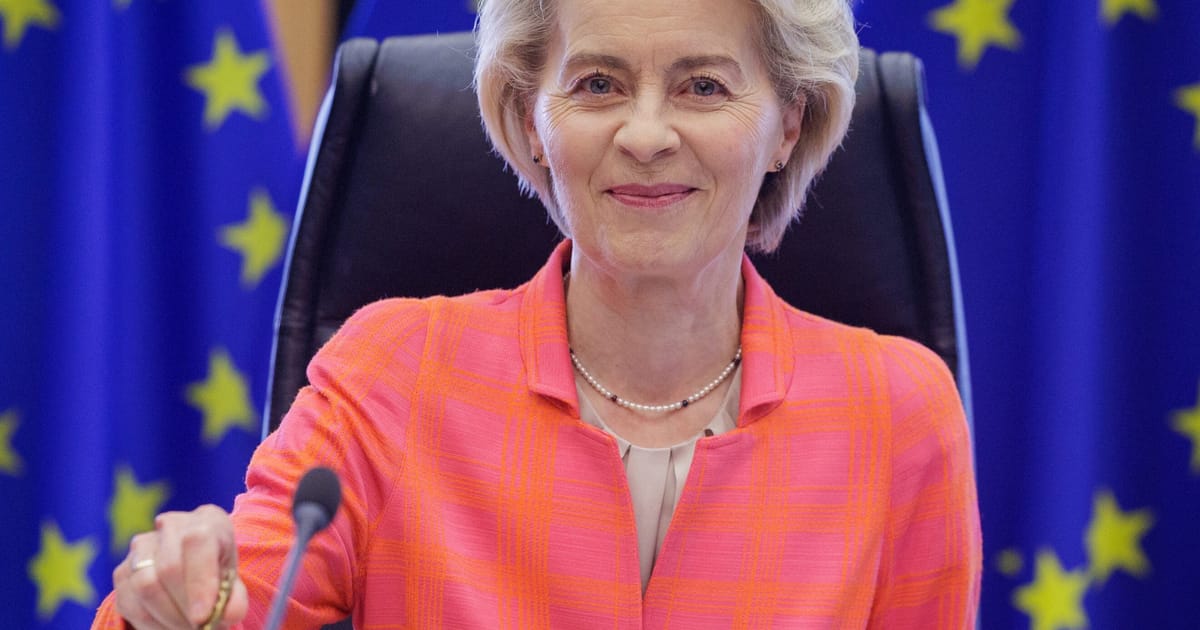

The international diplomatic stage is currently hosting a series of significant discussions that promise to shape the political and economic landscape in meaningful ways. Noteworthy conversations are taking place between the European Union and the United States regarding a trade deal, while within the EU itself, important decisions loom about the suspension of Hungary’s voting rights. Meanwhile, peace negotiations concerning Gaza show tentative progress.
As July unfolds, the European Union is eager to establish a preliminary trade agreement with the United States, striving to meet the deadline set by President Donald Trump. The urgency of these talks stems from the looming imposition of a 50% tariff on all EU exports to the U.S., an economic strain both parties aim to avoid. As discussions progress in Washington, there is an emerging consensus that the EU might consent to a 10% tariff across the board. However, this concession is likely to be accompanied by negotiations for extending talks or revising more challenging tariffs, such as the 25% levy affecting the German automobile industry.
European Commission President Ursula von der Leyen has expressed the EU’s aspiration to resemble the recent agreement achieved by the UK with Washington. This strategic move indicates a keen interest in solidifying a framework that supports transatlantic trade, aligning with broader economic goals of fostering collaboration and stability. As the deadline approaches, diplomacy is expected to intensify, underscoring both continents’ commitment to a beneficial outcome.
Parallel to these economic negotiations, a different kind of debate is unfolding within the EU concerning the political dynamics with Hungary. Denmark has taken a firm stance, advocating for the suspension of Hungary’s voting rights within the EU framework. This call to action is rooted in concerns over the rule of law and democratic standards in Hungary. Danish European Affairs Minister Marie Bjerre announced plans to escalate Article 7 proceedings, which could lead to significant consequences for Hungary’s participation in EU decision-making.
This internal discourse within the EU exemplifies the shared commitment among member states to uphold democratic values and maintain the integrity of the union. Copenhagen’s proactive approach signals a broader expectation for adherence to the principles that bind the EU together and reinforces the idea that membership comes with both rights and responsibilities.
On another pivotal front, efforts toward peace in the Middle East are cautiously advancing. President Trump has declared that Israel is prepared to engage in a peace agreement with Hamas, with the ultimate aim of securing a ceasefire to bring an end to the ongoing conflict in Gaza. Despite the tragic loss of nearly 60,000 lives in the war-torn area, a glimmer of hope appears as dialogues continue. Hamas remains in the process of reviewing the truce proposal from the U.S., and while specifics of Israel’s concessions are not entirely clear, the discussion reflects the subdued optimism that a way forward might be on the horizon.
As President Trump utilizes platforms like Truth Social to communicate these developments, he emphasizes a 60-day ceasefire period where concentrated efforts will focus on establishing long-term peace. While this is just one step in a complex peace process, it highlights the potential for international diplomacy to yield positive outcomes, even in seemingly intractable conflicts.
Each of these significant international dialogues underscores a shared theme of diplomacy as a vehicle for progress. Whether through economic collaboration, internal union discussions on governance, or tentative steps toward peace in conflict zones, the emphasis remains clear: cooperative efforts and open communication pave the way for constructive solutions. Such endeavors remind us of the power of dialogue and negotiation to shape a more harmonious international community.
Source: {link}
